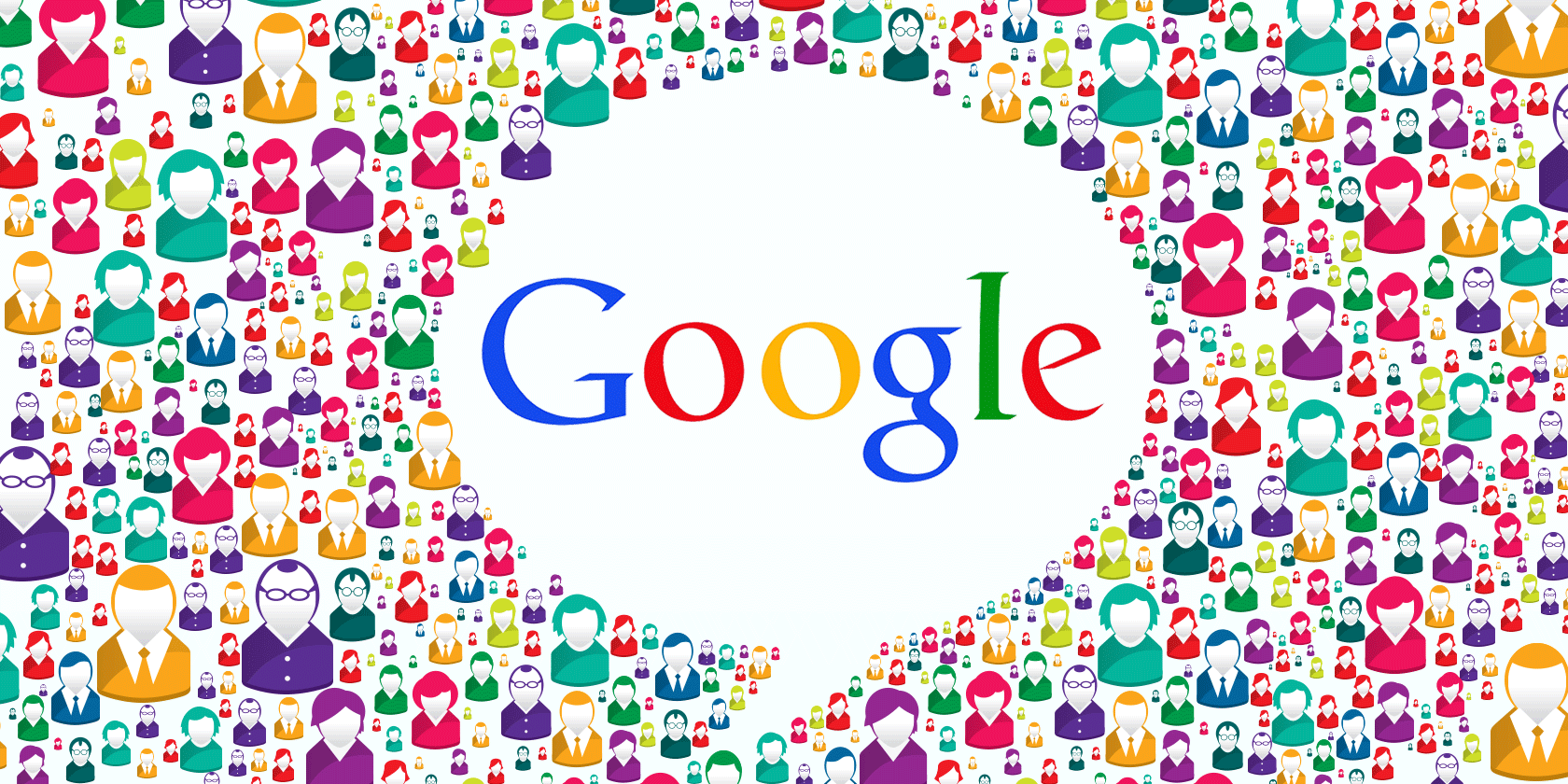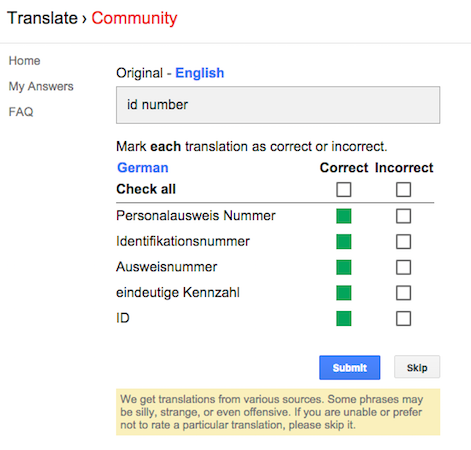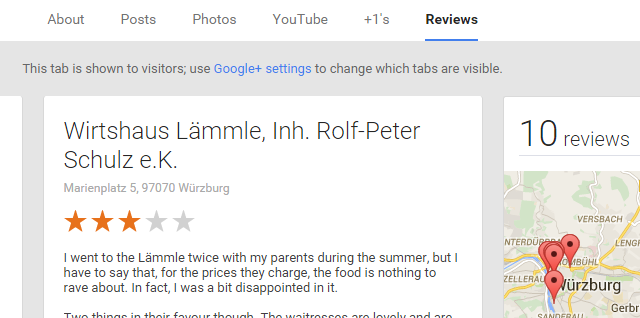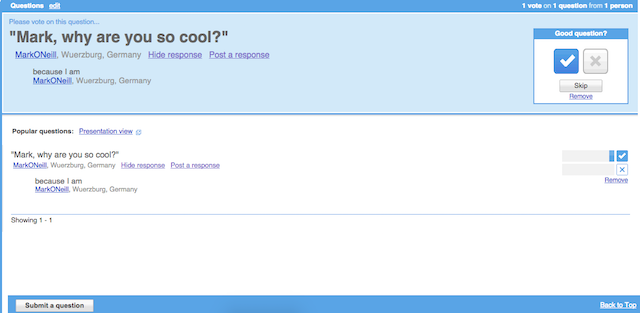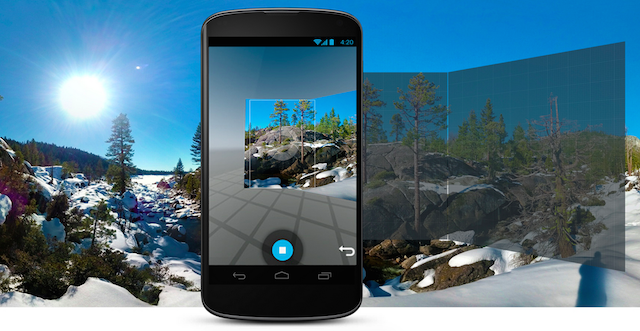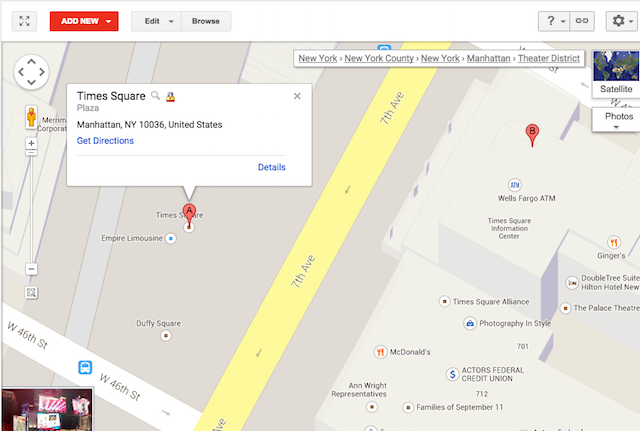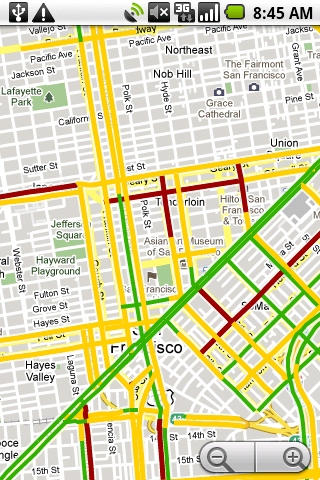When people are asked about their perceptions on Google, it is one of a huge corporate monster, with limitless funds, sucking up smaller hapless rivals in its wake. It also has a (some say notorious) reputation for collecting information on you, all in the name of "delivering tailor-made content appropriate for you" (or words to that effect).
So it may surprise you to learn that the algorithms are not the only thing collecting information on behalf of the almighty Google. We are collecting other data for them too, under the umbrella of "crowdsourcing projects" -- and they are surprisingly helpful (until Google decides to shut them down, that is).
Here are seven Google services which use crowdsourcing to make our everyday lives better.
Google Translate
When you enter text into the box, and get back your translation, there is a link underneath, inviting you to "improve this translation". If you feel that you can offer a better translation, then enter it in the box provided, and submit it.
But then that begs the question -- if you already know the phrase in the other language, why are you using Google Translate in the first place?
Anyway, I digress. You are also invited to look at 5 different words and phrases in your chosen languages, to see if they are accurate or not. Some crazies might have entered some stupid words as a lark, so it's your mission, should you choose to accept it, to weed out the false ones. It's a nice thing to do if you have a spare 5-10 minutes, and you can feel good knowing you are making a new and improved translation device for all mankind.
Contributor
Many sites depend on advertising to raise revenue to keep going. MakeUseOf is one of them. After all, we all have to eat. But what if there was a better way than advertising to raise money?
Contributor is a project with little information at the moment. This is because it is still in beta, with a waiting list attached (so typically Google). But according to the webpage, it comes down to financially supporting your favourite website with a couple of dollars, instead of the advertising that they would usually rely on.
When you would go to your favourite site, some of your allotted budget would automatically go to them. You would then get a thank you message on top of a pixellated box, where an advert would be shown.
How all of this is meant to work is not known as of now. It's all hush-hush-wink-wink-top-secret. But you can sign up for an invitation on the page, and you can also register your interest with Google if you are a content provider interested in joining the scheme. Right now, the beta test partners are Imgur, Mashable, Wikihow, Science Daily, The Onion, and Urban Dictionary.
Local Guides
One of the things you will see if you Google a place are reviews. This is especially true of restaurants, cafes, and hotels. But only the other day, on impulse, I wrote a review about my doctor, who was set up on Google Plus. So you can pretty much write about anyone and anything on Google. These reviews can then be found by going to your Google Plus profile, and clicking on the "Reviews" tab.
Now some of these reviews by people can be angry, false, and libellous, and therefore not good or reliable. But others can be well written, informative, and extremely useful. This is where Local Guides comes in. As the name suggests, the scheme involves people who live in a local area and therefore are willing to write a lot of reviews for Google, presumably to raise the standard a bit.
You need to sign up for Local Guides, and once you reach 50+ reviews, you get a special Local Guides badge next to your name (wooo! Look Mum!). You will also get special perks and privileges as you rise through the various levels. The annual thank you gift for high-quality contributions to Google Maps looks good on Level 4.
Google Moderator
This gives you the chance to create a question-and-answer forum on Google, allowing people to ask and reply to questions, and giving anyone the chance to vote on questions.
So as the moderator, you would set the forum up and set the subject. People can then ask their questions, and anyone can leave replies and votes. I guess it is a rather basic version of Reddit or Digg. It would be good if you wanted to have a quick poll on a particular one-off subject, and you didn't want to set up any complicated webpages.
Photo Sphere
Now THIS is one that has absolutely captivated me. Photo Sphere looks to be Google's attempt to help them with their Street View project, although with Photo Sphere, you are not restricted to streets. You can also do the countryside, on top of mountains, wherever you like. Then upload them to Google Maps.
The concept behind Photo Sphere is that an ordinary photo is all well and good, but it is one dimensional. You can only see straight ahead, what the picture taker wants you to see. Photo Sphere takes this several leaps forward, and says "what if you could see 360°? What if you could look to the left, right, and behind to see what was there too?"
On Android phones, there is already a Photo Sphere option on your camera app, and for iOS owners, you can download an app. Google gives extensive instructions on what to do next.
Google Map Maker
Another interesting project. Google is looking to you to help them improve the quality of their Maps. The theory behind Map Maker is simple. No map is perfect -- roads are left off, places and buildings disappeared. Google can't catch all the errors themselves. So who ya gonna call? Yeah....you.
Pick an area of interest (for example, your local neighbourhood), and see if there are any errors. Roads to nowhere, no roads at all, buildings and places sucked into the Bermuda Triangle, or perhaps someone else has come along, and changed all the street names to something witty. So change them back. It's a Maps version of Wikipedia.
North Korea, it's over to you!
The Creepy Option -- Crowdsourcing Road Congestion Data
I would like to end with one, which would give privacy advocates multiple heart attacks. Google would like your help in warning other drivers if you encounter problems on your travels. This can include road-works, traffic jams, road rage, cars going 88mph and disappearing with a flash.
How does it work? Well, if you switch on "My Location" in Google Maps for Mobile, your phone sends "anonymous bits of data back to Google" (their words). They can then combine that with the information from other drivers to predict upcoming problems, which is then sent out to other drivers via the Traffic layers in Google Maps Mobile.
(Google also relies on the community-powered Waze mobile app to gather real-time traffic data.)
Why creepy? Because you are voluntarily sending back your precise location in real-time. So all of a sudden, Google has a big tracking database of drivers whereabouts. They say it's all anonymous, but what if it's not?
Excuse me while I check the tin foil covering my windows...
Have any of these piqued your interest? If so, quickly dash over there before you get the dreaded email saying "Google is shutting down.....".
Which Google crowdsourced projects are your favourites? Is Google crowdsourcing admirable altruism or do you think they have a sinister agenda to control everyone with their information?
Image Credits: bubble of communication Via Shutterstock

